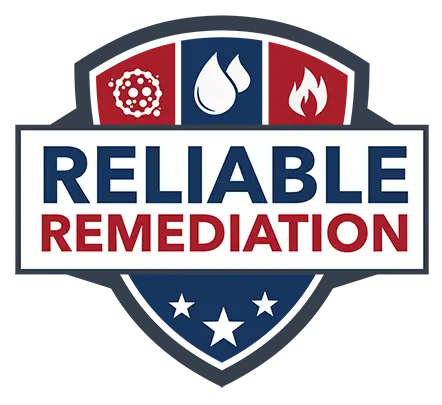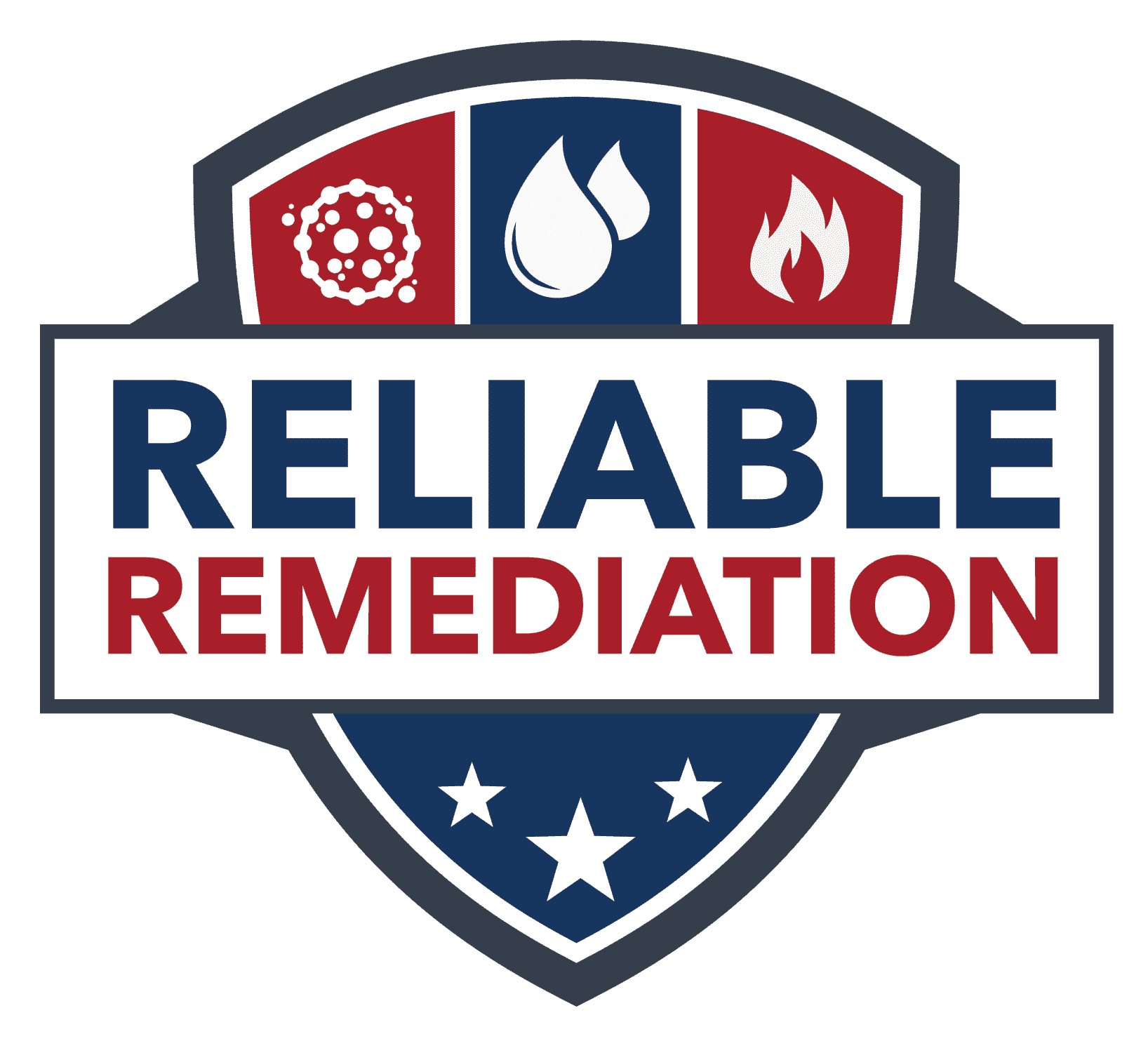Water FAQ’s
Your Water Damage Questions Answered
Is water damage covered by insurance?
It depends on your policy, coverage, and the nature of the loss. We always advise contacting your local agent or broker before filing a claim. They can explain coverage, your deductible, and help you decide if it is worth filing a claim. If you file a claim, here’s a FREE resource of POWER QUESTIONS to ask your insurance company.
Example: Rain from a hurricane coming through your roof would likely be covered. If waters rise from that hurricane and come in through a body of water (stream, river, ocean etc.) or even groundwater running into the structure or rising from below the slab – it won’t likely be covered without special Flood Insurance.
Whether it’s covered or not, water damage needs to be addressed quickly to stop further damage (mold, rot, etc.) from destroying your property. This is called mitigating further damage.
Check out our insurance information page for more specifics on coverage and policy types.
Should I call my insurance provider?
If a storm, broken pipe, or other disaster has flooded your home or office, it is your responsibility to “mitigate further damage.” If your basement, house, or business has a flood, contact Reliable Remediation immediately. We will get to your location as fast as possible, perform an inspection, and with your permission, start extracting the water from the property. The quicker mitigation begins the better off you will be.
You should then call your local insurance agent or broker to discuss coverage and how to best file a claim. They can help you navigate the claims process with your insurance carrier while we work to dry and clean your property. Click here for Power Questions to ask your insurance carrier.
What is the water damage remediation process?
The first step is to extract all water from the affected area(s). Once all water is removed, we use state-of-the-art dehumidifiers and other tools to dry up any residual water and moisture to help combat the potential for mold growth. The timeframe for this step is never concrete, as it really depends on the extent of the water found on the premises. We use moisture meters and thermal imaging cameras throughout the process to determine the extent of the damage and to ensure all materials have been dried. In some cases, we may have to remove affected sheetrock, deep-clean carpets, and furniture, repair flooring, clean out your HVAC ducts or remove mold that we have discovered.
How long will this water restoration process take?
There are two phases in the water damage restoration process.
In the first phase, we perform any demolition, cleaning, and drying tasks needed to proceed. Generally, this phase takes three or four days, though it might take longer if there is considerable damage.
The second phase of the project includes repairs and fluctuates depending on the extent of the damage. We have a great network of referral partners that are skilled at replacing sheetrock, repairing floors and reconstruction
How much does a water damage cleanup cost?
It depends on the scope of the project. Some of the variables that affect cost are:
- Type of Water or Source of the Water,
- Amount of Damage,
- Size of the Area,
- Materials Affected, and
- How Much Time has Passed? How Long Has It Been Wet?
Check out our Water Damage Pricing page for more detailed information.
What should I do if I suspect a leak?
If you suspect a leak, there is always a reason why—a dripping faucet, a higher-than-usual energy bill, and a musty smell in the bathroom are usual examples of signs of a leak. The faster a leak is identified the better. Leaks can easily turn into water damage if left unattended. If you can’t easily identify the cause of the leak but still think there could be a leak, it may be time to call a professional.
Can I clean up this water damage by myself?
The tricky part about water damage is the invisible nature of damage under the surface. What may seem to look dry may have water damage underneath, which can cause mold to develop and cause deterioration. Safety concerns should be first, be sure electrical power is shut off to the affected area to eliminate electric shock and fire concerns. Get pictures of the incident for your records before you begin to clean and make a list of damaged items and areas. You can mop up excess water and open windows to ventilate.
Remember, there is no way for you to be sure if the water damage is cleaned up but professionals like Reliable Remediation have the tools, expertise, and knowledge to ensure your property is safe and dry.
How long will it take to dry my property and be back to normal?
This question depends on two things: first, the extent of the water damage to your property, and second, how quickly you call us – the longer it sits, the worse it gets. What may be moderate water damage can worsen to severe water damage if too much time is taken to address the situation. Each building is different, and each situation is different, but the quicker mitigation begins the better off you will be.
It’s Easy to Get the Help You Need

Get an Evaluation

Receive a Customized Plan


